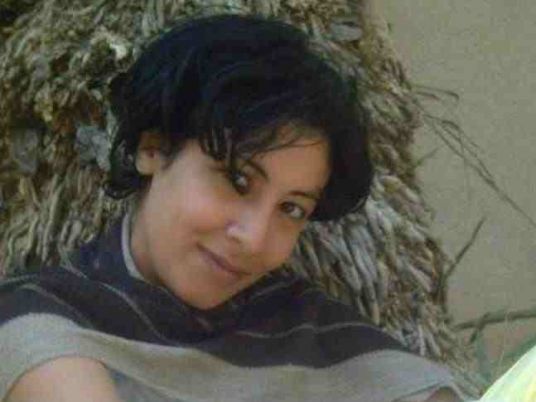The youth of Tahrir are determined to escalate their uprising on Friday, following President Hosni Mubarak’s speech late Thursday, viewed by many as yet one more disappointing act.
Mubarak’s speech pledging to delegate powers to Vice President Omar Suleiman as per Article 139 of the constitution, and in accordance with other articles, was received with a wave of uproar from the masses gathered in Tahrir, who had anticipated a categorical announcement of his resignation.
Mubarak’s delegation is understood to be one of mere executive authorities since the vice president will have no authority to change the constitution or to annul the parliament as per other articles of the constitution.
“Two responses should come out now. One from us and the other from the army,” said a protester in Tahrir Thursday night immediately after the speech. Spontaneous calls for marches towards the Egyptian Radio and Television Union building and the Presidential Palace were made and pursued.
About 2000 people marched to the Radio and Television Union building by the Corniche and camped there until Friday morning. The building is protected by a barbed wire, behind which a set of army trucks and soldiers stood. The area was quickly turned into a camping spot where people congregated, ate and slept.
Roughly another 2000 reached the more distant Presidential Palace in Heliopolis. According to an eyewitness, military police securing the palace asked them to leave and go back to Tahrir, and provided them with busses. On Friday morning, about 50 protesters were spotted standing behind the barbed wires guarding the palace.
“All that we’re doing is sit-ins in a peaceful way. We are losing our bodies to bring this dictatorship down,” said Wael Khalil, a leftist activist camping in Tahrir told Al-Masry Al-Youm.
Having occupied Tahrir for two weeks, protests Tuesday expanded to the nearby Parliament building.
“The square has spoken by spontaneously marching to the Television building and the Palace. At this point, people are dictating what should be done,” Khalil added.
Nasser Abdel Hamid, a member of the Coalition of the Revolution of Egypt’s Youth, which was formed following the occupation of Tahrir Square on 25 January, also said the march towards the Presidential Palace was spontaneous.
While an escalating plan is in the works, Abdel Hamid said that protesters don’t necessarily encourage a march towards the palace. “We do not want to get into a conflict with the army because we are still sure that the army will be part of the sought out solution.”
In what remains an ambiguous stance by the army, military leadership has been in meetings since Thursday without either Mubarak or Suleiman. A first statement issued on Thursday afternoon promised Egyptians good news. A second statement is expected today.
Protesters have rallied around the army’s function as mediator in an interim government but do not want to succumb to another military rule. “We want a civil state, and not military rule,” the crowds yelled ahead of Mubarak’s speech Thursday.
In the meantime, according to Abdel Hamid, protests are planned throughout the nation. “Beyond Tahrir, we plan to occupy other neighborhoods today. Tomorrow, Saturday, will be announced as a general nation-wide strike,” he added.
Labor strikes across the nation also kicked off on Wednesday, with key public institutions’ workers and employees adding their voices to the Tahrir uprising and demanding better working conditions.
The call for action transcends Cairo. Samir Khashaba, a lawyer and a member of the Muslim Brotherhood, said that marches from a central mosque in the Upper Egyptian city of Assiut will take place Friday. “The marches will circulate across the city and also stop at the administrative building of the governorate to denounce both Mubarak and Suleiman,” he said.
“Mubarak’s persistence in having a final word makes me think that no one will go home while he still appears on TV and speaks the same old language of protecting Egypt and conspiracies against Egypt,” said Khalil. “This is the strongest catalyst for the square.”

